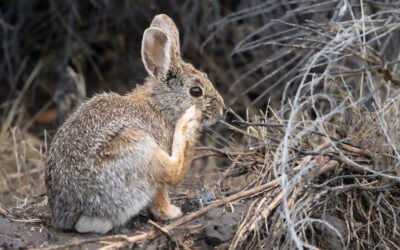Honey has long been admired for its sweet taste and versatility, but one of its most remarkable qualities is its longevity. In fact, honey never spoils. This unique property of honey has been known since ancient times, and archaeologists have even found jars of honey in Egyptian tombs that are over 3,000 years old—and still edible.
The secret to honey’s incredible shelf life lies in its chemical composition. Honey is low in moisture and highly acidic, creating an inhospitable environment for bacteria and microorganisms that would normally lead to food spoilage. It contains natural sugars, like fructose and glucose, which absorb water and further inhibit bacterial growth. Additionally, bees add an enzyme called glucose oxidase to the nectar they collect, which produces hydrogen peroxide—a natural preservative.
This combination of factors ensures that honey can last indefinitely when properly stored in a sealed container. It may crystallize over time, but that process doesn’t affect its safety or nutritional value. You can simply warm the honey to return it to its liquid state.
Aside from its longevity, honey has been used throughout history for its medicinal properties. Ancient civilizations applied honey to wounds due to its antimicrobial properties. Today, honey is still used in natural remedies for sore throats and burns. Manuka honey, in particular, has garnered attention for its potent antibacterial qualities, making it a popular choice in modern wound care products.
While honey may not spoil, it’s important to store it correctly. Exposure to air, moisture, and heat can alter its texture and color. To keep honey fresh, store it in a cool, dry place in an airtight container.
In a world where most foods come with expiration dates, honey stands out as a true testament to nature’s resilience. The next time you drizzle honey over your toast or add it to your tea, you can appreciate the fact that it may very well be the oldest—and longest-lasting—food on your shelf.
Related Articles
The Science of Spring Equinox—A Balance of Day and Night
The spring equinox, which occurs around March 19–21, is a celestial event when day and night are nearly equal in length across the globe. This happens because the Earth’s axis isn’t tilted toward or...
The History of Green Beer—A St. Patrick’s Day Tradition
Green beer is a St. Patrick’s Day classic, but you might be surprised to learn that it wasn’t invented in Ireland—it was actually created in the United States! The first known instance of green beer...
The History of the Lucky Rabbit’s Foot—A Strange Superstition
The rabbit’s foot has long been considered a symbol of good luck, but its origins lie in ancient folklore and magic. Some cultures believed rabbits were supernatural creatures due to their burrowing...





